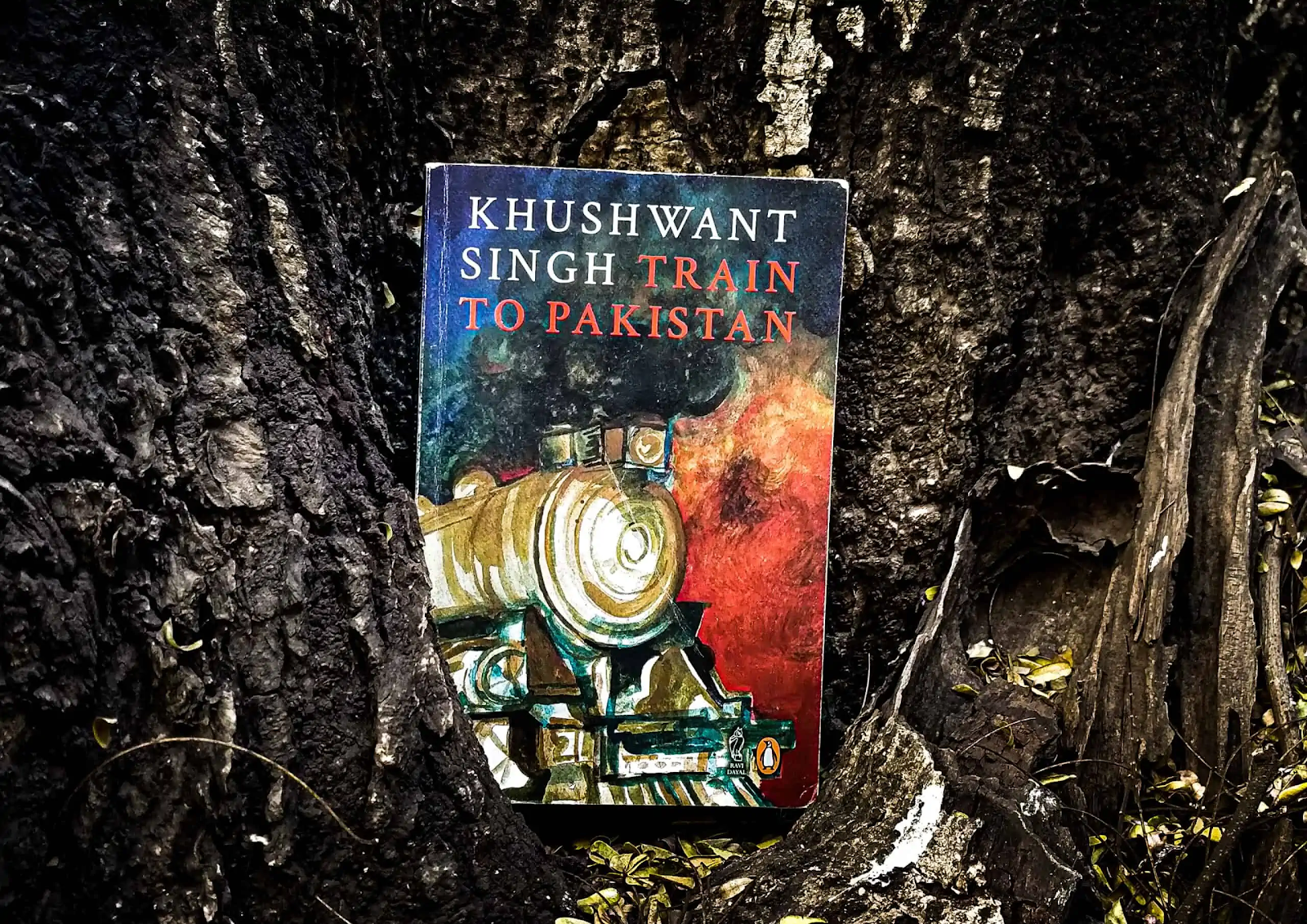Train to Pakistan by Khushwant Singh is a powerful and poignant novel that vividly captures the harrowing realities of the partition of India in 1947. Through his masterful storytelling and evocative prose, Singh delves into the lives of ordinary people caught in the midst of religious and political turmoil. This review explores the profound impact of "Train to Pakistan" and its enduring relevance.
Plot Summary:
Set in the fictional village of Mano Majra, situated on the border of India and Pakistan, the novel revolves around the lives of its diverse inhabitants. As the partition unfolds, tensions rise, and communal violence erupts, forcing the villagers to confront the brutalities of division. Amidst this chaos, the arrival of a train filled with dead bodies exposes the deep-seated hatred and cruelty that permeates society.
Character Development:
Singh's character development is exceptional, breathing life into each individual and highlighting the complexities of their motivations. From the compassionate and introspective Sikh village headman, Juggut Singh, to the enigmatic Muslim dacoit, Malli, the characters resonate with authenticity. Their personal struggles, conflicts, and transformations reflect the turmoil of the era, adding depth and nuance to the narrative.
Themes and Social Commentary:
"Train to Pakistan" delves into various profound themes, offering insightful social commentary on the impact of religious divisions, communalism, and the tragedy of innocent lives torn apart. Singh explores the loss of humanity amidst political turmoil and examines the implications of blind hatred and prejudice. Through his vivid descriptions of violence and suffering, he provides a stark reminder of the human cost of partition.
Narrative Style and Writing:
Singh's narrative style is both engaging and thought-provoking. His vivid descriptions transport readers to the village of Mano Majra, immersing them in its sights, sounds, and emotions. The author's ability to juxtapose moments of tenderness and hope against the backdrop of brutality is remarkable. Singh's prose is elegant, yet accessible, making the novel accessible to readers of all backgrounds.
Historical Significance:
"Train to Pakistan" holds immense historical significance as it provides a deeply human perspective on the partition of India. By focusing on the lives of ordinary people, Singh sheds light on the devastating consequences of political decisions and communal violence. The novel serves as a poignant reminder of the importance of empathy, compassion, and the dangers of divisive ideologies.
Train to Pakistan is an extraordinary novel that resonates with readers long after the final page. Khushwant Singh's storytelling prowess and compelling narrative compel us to confront the darkness of our collective past and reflect on the complexities of human nature. This masterpiece stands as a testament to the power of literature in illuminating historical events and fostering empathy. "Train to Pakistan" is an essential read for anyone seeking a deeper understanding of the partition of India and its far-reaching impact on the lives of millions.

